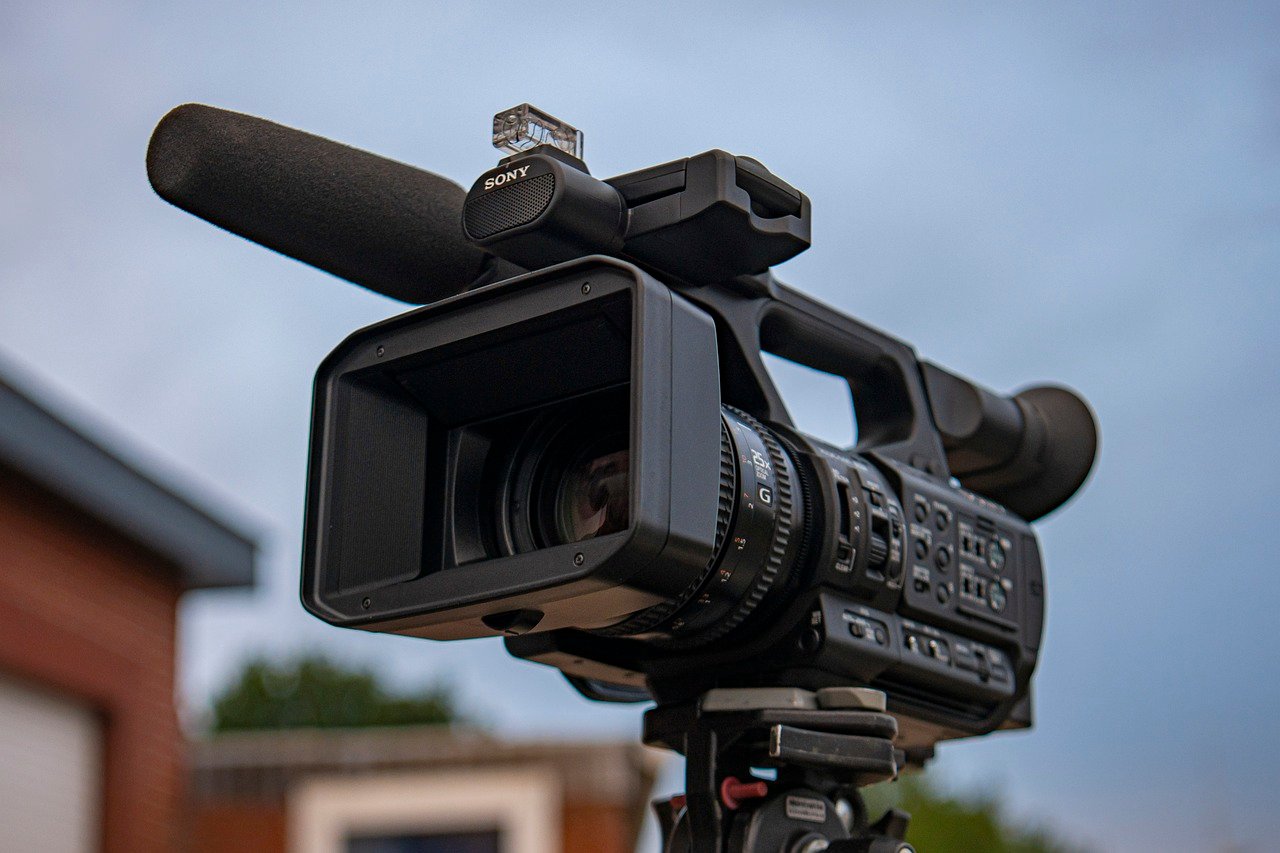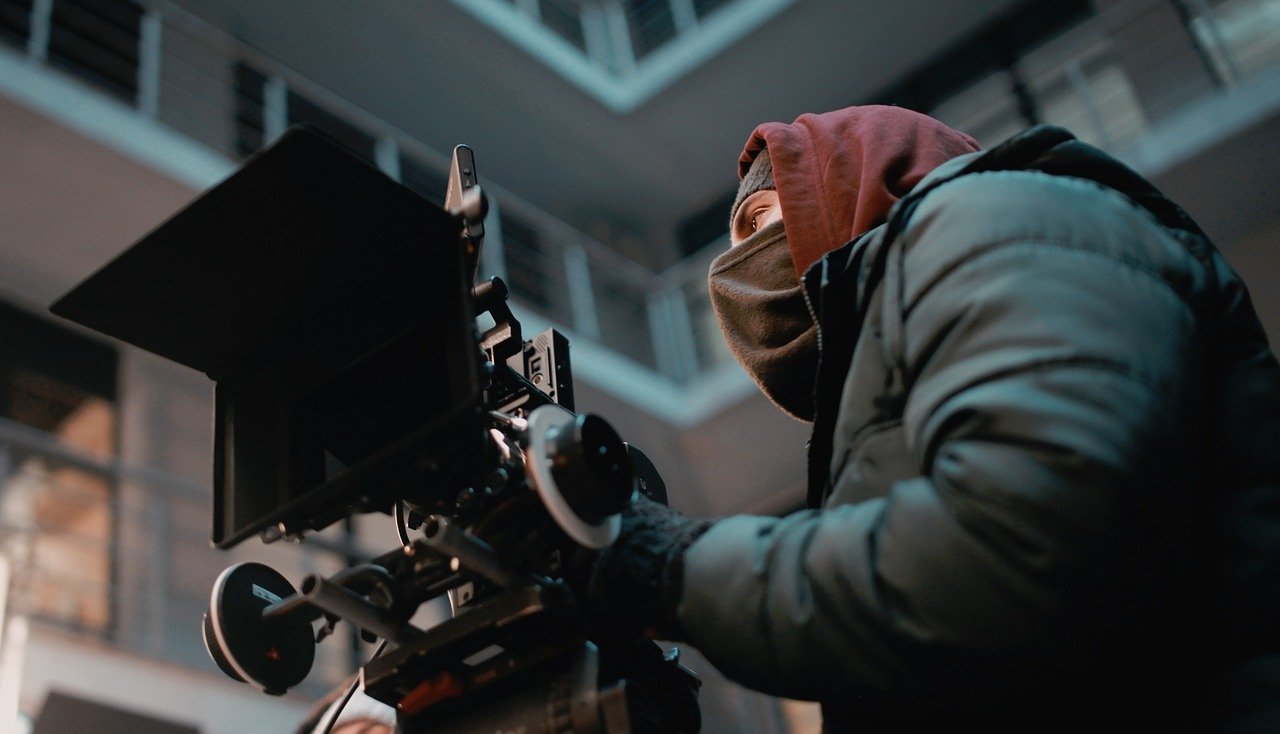Comprehensive Guide to YouTube Videos: Everything You Need to Know Are you a fan of…
Real Estate Videographer
Real estate videography has become an essential aspect of the modern real estate industry. As the digital landscape continues to evolve, property buyers and sellers are increasingly relying on engaging visual content to make informed decisions. In this article, we will explore the role of a real estate videographer and discuss the benefits they bring to the industry. So, whether you’re a real estate professional looking to enhance your marketing efforts or someone curious about the world of real estate videography, this article is for you.
Introduction: The Power of Visual Content
In today’s digital age, where information is readily available at our fingertips, visual content has become a powerful tool in various industries, including real estate. Images and videos have the ability to convey emotions, capture attention, and tell compelling stories. When it comes to the real estate market, potential buyers want to envision themselves in a property before making a significant investment. This is where the expertise of a real estate videographer comes into play.
What is a Real Estate Videographer?
A real estate videographer is a skilled professional who specializes in capturing and producing high-quality videos for properties. They possess a unique set of skills that enable them to showcase the best features of a property and create visually captivating content. These professionals understand the art of storytelling through videography and know how to engage viewers by highlighting the property’s unique selling points.
The Importance of Real Estate Videography
Capturing the Essence of a Property
Real estate videography goes beyond static images and provides a dynamic experience for potential buyers. It allows them to explore the property virtually and get a realistic sense of its layout, design, and ambiance. By capturing the essence of a property through video, real estate videographers create an emotional connection that can’t be achieved through other mediums.
Engaging Potential Buyers
In a saturated real estate market, it’s crucial to stand out from the competition. Videos have proven to be highly engaging, capturing viewers’ attention and keeping them hooked. By leveraging the power of visual storytelling, real estate videographers can entice potential buyers and leave a lasting impression.
Showcasing Unique Selling Points
Every property has its unique features and selling points. Real estate videographers have the expertise to identify and highlight these aspects effectively. Whether it’s a stunning view, state-of-the-art amenities, or architectural details, they know how to showcase these attributes and make the property more appealing to potential buyers.
Building Trust and Credibility
Real estate transactions involve significant investments, and buyers want to ensure they are making informed decisions. High-quality videos created by real estate videographers contribute to building trust and credibility. When potential buyers can see a property in detail, they feel more confident and are more likely to proceed with their purchase.
Essential Skills and Equipment for Real Estate Videographers

To excel in the field of real estate videography, professionals need a combination of technical expertise and creativity. Additionally, they require specialized equipment to capture stunning visuals. Here are some essential skills and equipment for real estate videographers:
Technical Expertise and Creativity
Real estate videographers must have a solid understanding of videography techniques, such as composition, framing, and lighting. They should be able to create visually appealing shots that showcase the property’s best features. Additionally, creativity plays a vital role in storytelling, allowing videographers to craft compelling narratives through their videos.
High-Quality Cameras and Lenses
Investing in high-quality cameras and lenses is essential for capturing sharp, detailed, and professional-looking videos. Full-frame DSLR or mirrorless cameras are popular choices among real estate videographers due to their superior image quality and versatility. Wide-angle lenses are also crucial for capturing spacious interiors and expansive landscapes.
Stabilization and Drone Technology

Stable footage is vital for creating professional real estate videos. Real estate videographers often use gimbals or stabilizers to achieve smooth camera movements and eliminate shaky footage. Moreover, drone technology has revolutionized the industry, allowing videographers to capture aerial shots and showcase properties from unique perspectives.
Video Editing and Post-Production Software
Once the footage is captured, real estate videographers use video editing and post-production software to refine and enhance the final product. Software such as Adobe Premiere Pro or Final Cut Pro enables them to add music, graphics, transitions, and color grading to create visually stunning videos.
Tips for Effective Real Estate Videography
To create impactful real estate videos, videographers should consider the following tips:
Plan and Prepare
Before shooting, it’s crucial to plan the video meticulously. Understand the property’s unique features, create a shot list, and develop a storyboard to guide the filming process. Preparation ensures a smooth workflow and helps capture the property’s essence effectively.
Showcase Key Features
Identify the property’s standout features and prioritize showcasing them in the video. Whether it’s a spacious living room, a luxurious bathroom, or a scenic outdoor area, focus on capturing these elements in detail to create an emotional connection with potential buyers.
Pay Attention to Lighting

Lighting plays a crucial role in video production. Optimal lighting can make a property look inviting and spacious. Real estate videographers should know how to utilize natural light and supplement it with artificial lighting when needed to create a warm and welcoming atmosphere.
Create a Storytelling Experience
A well-crafted narrative can captivate viewers and make them feel personally connected to the property. Real estate videographers should aim to tell a story through their videos, showcasing the property’s lifestyle and the potential it holds for buyers.
The Benefits of Hiring a Real Estate Videographer
Hiring a professional real estate videographer offers numerous benefits for both real estate agents and property sellers. Some of the advantages include:
Increased Property Exposure
High-quality videos have a higher chance of being shared on social media platforms, reaching a broader audience. By utilizing real estate videography, properties can gain increased exposure and attract more potential buyers.
Improved Marketing Campaigns
Real estate videography enhances marketing campaigns by providing compelling visual content. Videos can be shared on websites, social media platforms, and online listings, capturing the attention of potential buyers and generating leads.
Enhanced Online Presence
In the digital era, having a strong online presence is crucial. Real estate videography contributes to a professional online image, establishing credibility and trust with potential buyers who are searching for properties online.
Competitive Advantage
The real estate market is highly competitive, and utilizing real estate videography sets properties apart from others. Engaging videos help create a memorable impression, giving properties a competitive edge and increasing the chances of attracting potential buyers.
Real Estate Videography Trends to Watch
As technology continues to evolve, new trends emerge in real estate videography. Here are some trends that are shaping the industry:
Virtual Reality (VR) Tours
Virtual reality allows potential buyers to experience properties in an immersive way. With a VR headset, viewers can virtually walk through a property, exploring every corner as if they were physically present. VR tours provide an interactive and engaging experience.
360-Degree Videos
360-degree videos provide a panoramic view of a property, allowing viewers to navigate the space freely. It gives potential buyers the freedom to explore the property at their own pace, focusing on areas of interest. This interactive format enhances user engagement.
Live Video Streaming
Live video streaming has gained popularity in the real estate industry. It allows real estate professionals to conduct live virtual tours, answering questions from potential buyers in real-time. Live streaming creates a sense of urgency and immediacy, generating more interest in properties.
Aerial and Drone Videography
Aerial and drone videography provide stunning aerial views of properties and their surroundings. This perspective gives potential buyers a better understanding of the property’s location, nearby amenities, and the surrounding neighborhood. Aerial shots can be captivating and visually appealing.
Choosing the Right Real Estate Videographer

When selecting a real estate videographer, consider the following factors:
Portfolio and Experience
Review the videographer’s portfolio to assess the quality of their work and see if it aligns with your vision. Look for experience in the real estate industry and check for testimonials from previous clients.
Understanding Your Needs
Communicate your requirements clearly to the videographer. They should have a thorough understanding of your property’s unique selling points and the message you want to convey through the video.
Collaborative Approach
Choose a videographer who values collaboration and is willing to work closely with you throughout the process. A collaborative approach ensures that the final video meets your expectations and effectively showcases your property.
Pricing and Budget Considerations
Discuss pricing and budget upfront to avoid any misunderstandings. While it’s important to find a videographer within your budget, remember that quality and expertise are crucial for creating impactful real estate videos.
Conclusion
Real estate videography has revolutionized the way properties are marketed and showcased. Through engaging videos, real estate videographers capture the essence of properties, engage potential buyers, and build trust and credibility. By understanding the importance of real estate videography, embracing emerging trends, and selecting the right videographer, real estate professionals can gain a competitive advantage in a saturated market.
FAQs
- What is the role of a real estate videographer? A real estate videographer specializes in capturing and producing high-quality videos for properties. They showcase the best features of a property, engage potential buyers, and create compelling visual content.
- How can real estate videography benefit my marketing efforts? Real estate videography enhances marketing campaigns by providing engaging visual content that captures the attention of potential buyers. It increases property exposure, improves online presence, and gives properties a competitive advantage.
- What equipment do real estate videographers use? Real estate videographers use high-quality cameras, wide-angle lenses, stabilizers, and drones to capture professional-looking videos. They also utilize video editing and post-production software to refine the final product.
- Are there any emerging trends in real estate videography? Yes, emerging trends in real estate videography include virtual reality (VR) tours, 360-degree videos, live video streaming, and aerial and drone videography. These trends provide immersive and interactive experiences for potential buyers.
- How do I choose the right real estate videographer for my needs? When choosing a real estate videographer, consider their portfolio and experience, their understanding of your needs, their collaborative approach, and the pricing and budget considerations. Select a videographer who aligns with your vision and can effectively showcase your property.




